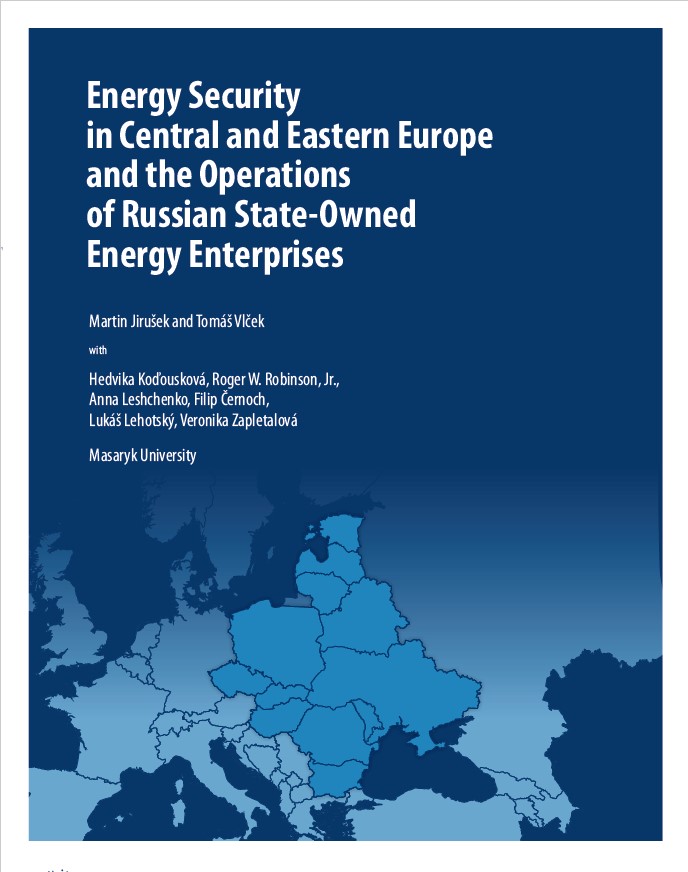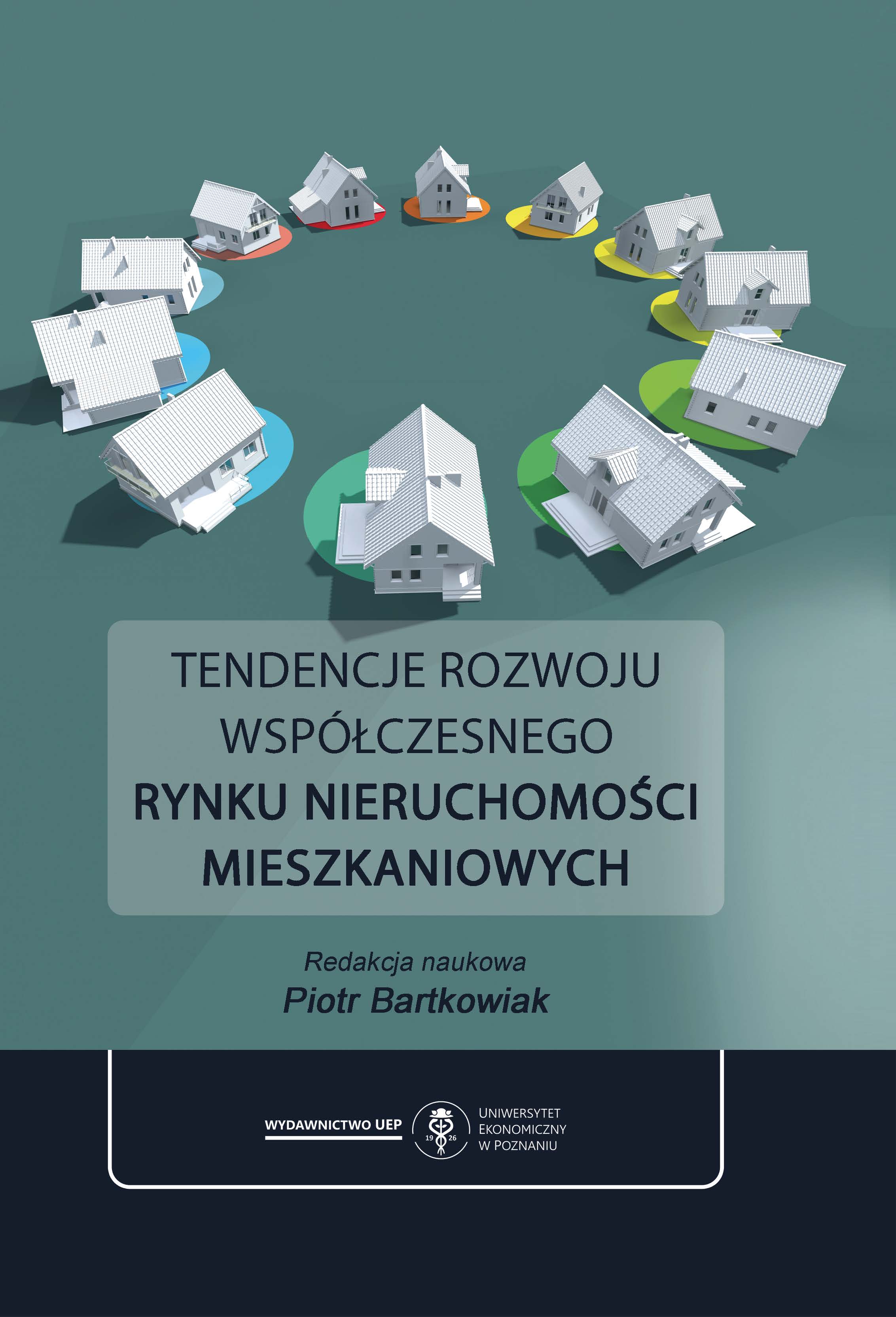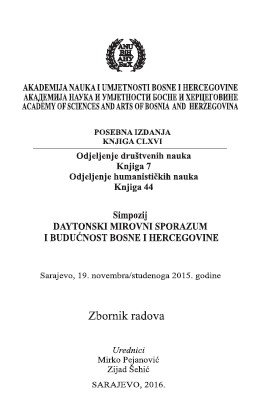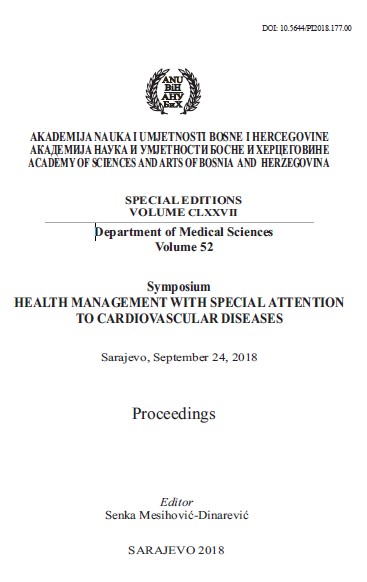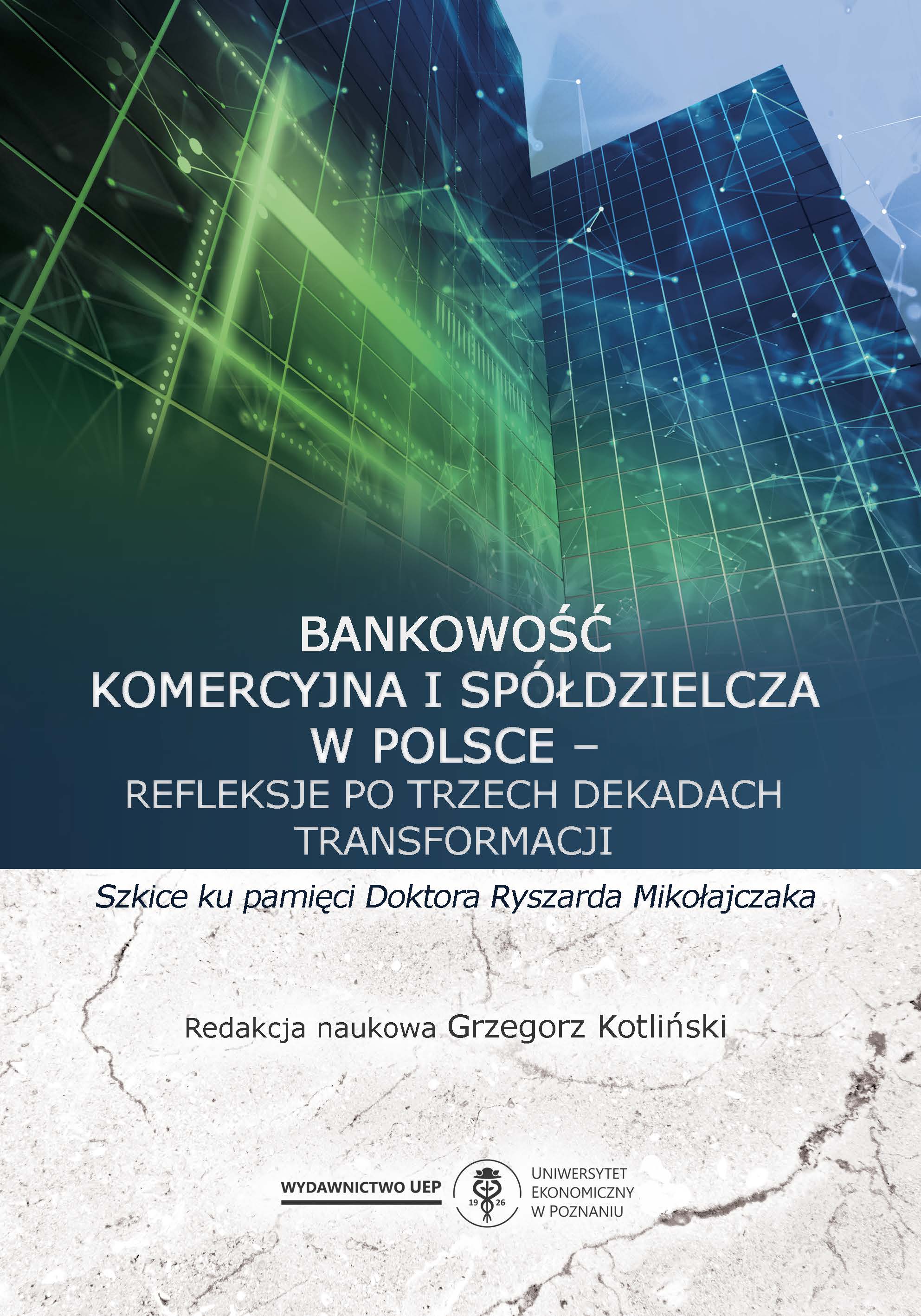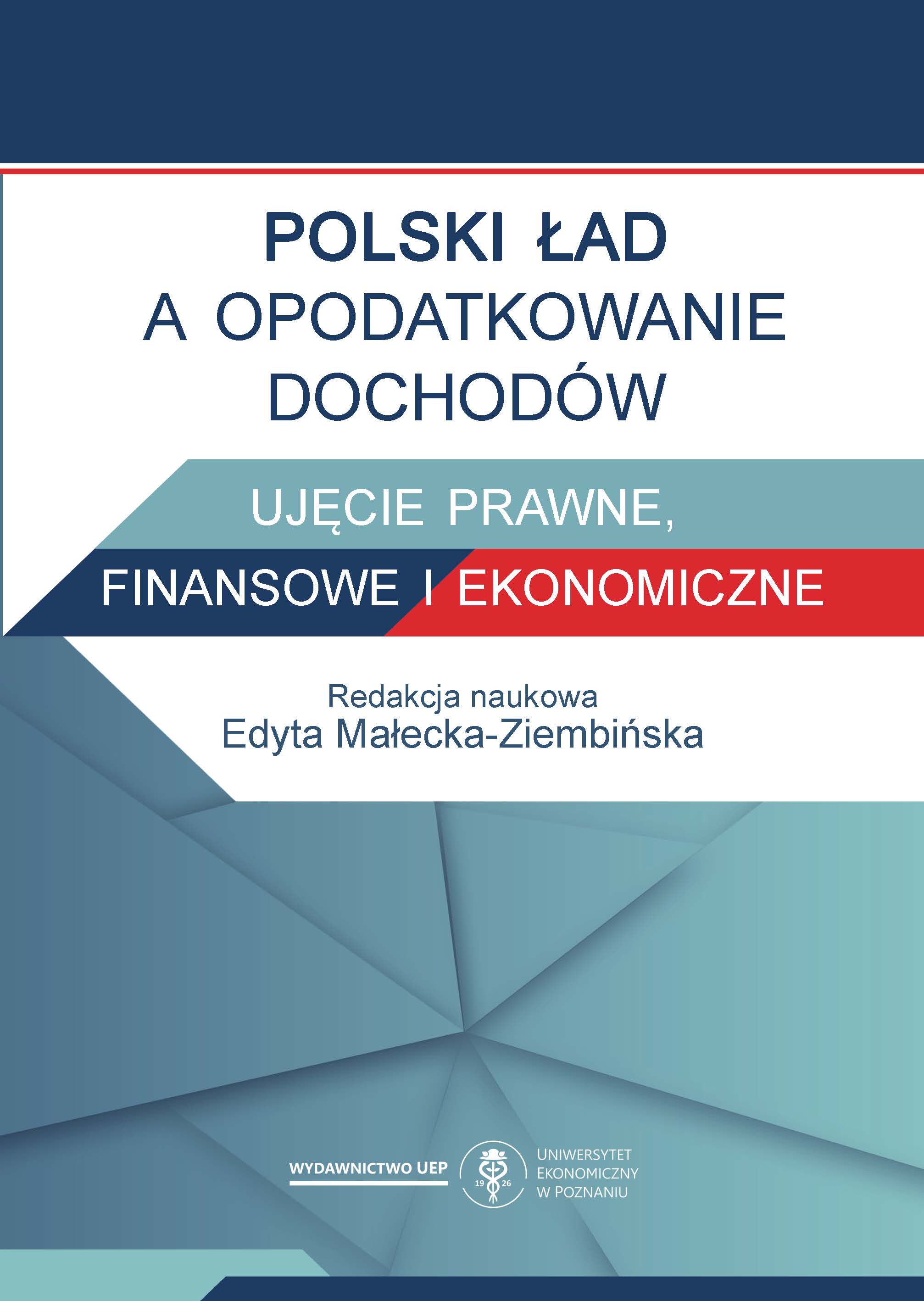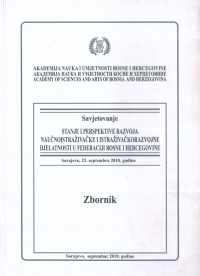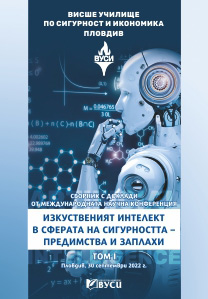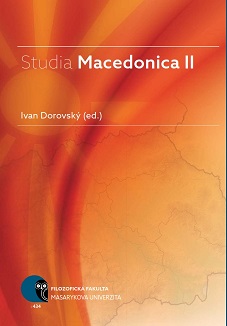
Životní a ekonomické strategie obyvatel horských regionů v Makedonii
The author deals with the life and economic strategies of people inhabiting mountain regions of the Republic of Macedonia, during the second half of the 20th century and the beginning of the 21st century. The strategies can be studied either by means of analyses of economic behavior of an individual/a household or by research of socio-cultural aspects of human behaviour and motivation. The research of value systems became popular. The value system seems to be an impulse to the particular strategies. In addition to that potential strategies of individuals and households are defined by many other factors, e. g. current situation on the labour market, land ownership, capital or external intervention of the state policy. The strategies differ in particular regions depending on the local environment or a distance from the center. A case study from the village of Bitovo shows the present situation (2011, 2012) and goes back to the second half of the 20th century. Bitovo is situated in the region of Poreche in Western Macedonia and lies at 1200 m. a. s. l. In 2011 it had 43 inhabitants. The current occupation of local men was mostly woodcutter, wood transport and sheep breeding. The men procured a financial income of a household. Women were used to work as self-sufficient farmers and they procured a non-monetary income. After the World War II the village Bitovo had 360 inhabitants. It stands for the most common strategy of the villagers during the second half of the 20th and the beginning of the 21st century was emigration. The motivation for emigration was principally economic. We distinguish two agricultural streams of migration and two industrial ones. First there were the agricultural streams with motivation to get a land to Vojvodina (the towns of Kačarevo, Jabuka) and to the Pelagonia lowland (around Prilep, Macedonia). During the 70’s the villagers started to settle to cities (urbanization) to be employed in industry and to go to work to Germany (as gastarbeiters).
More...
